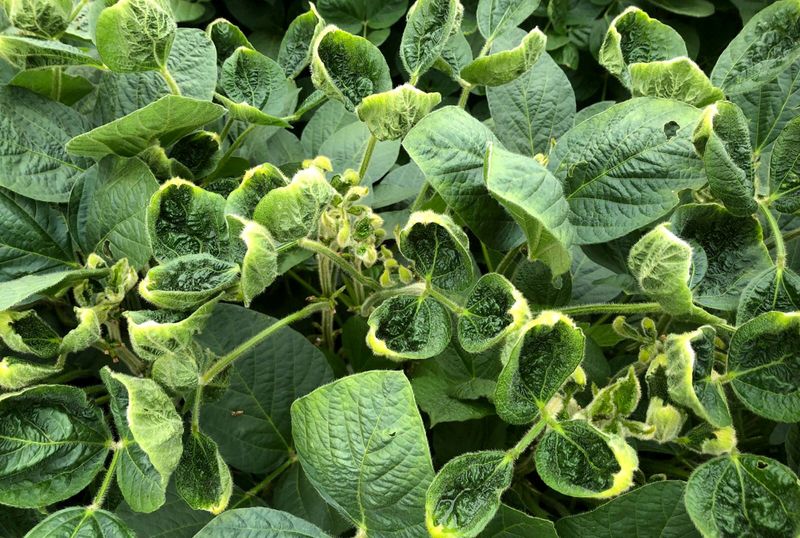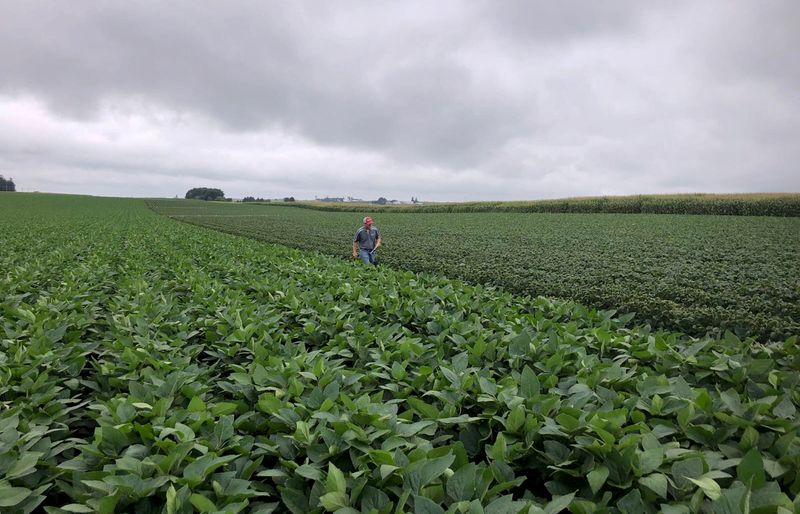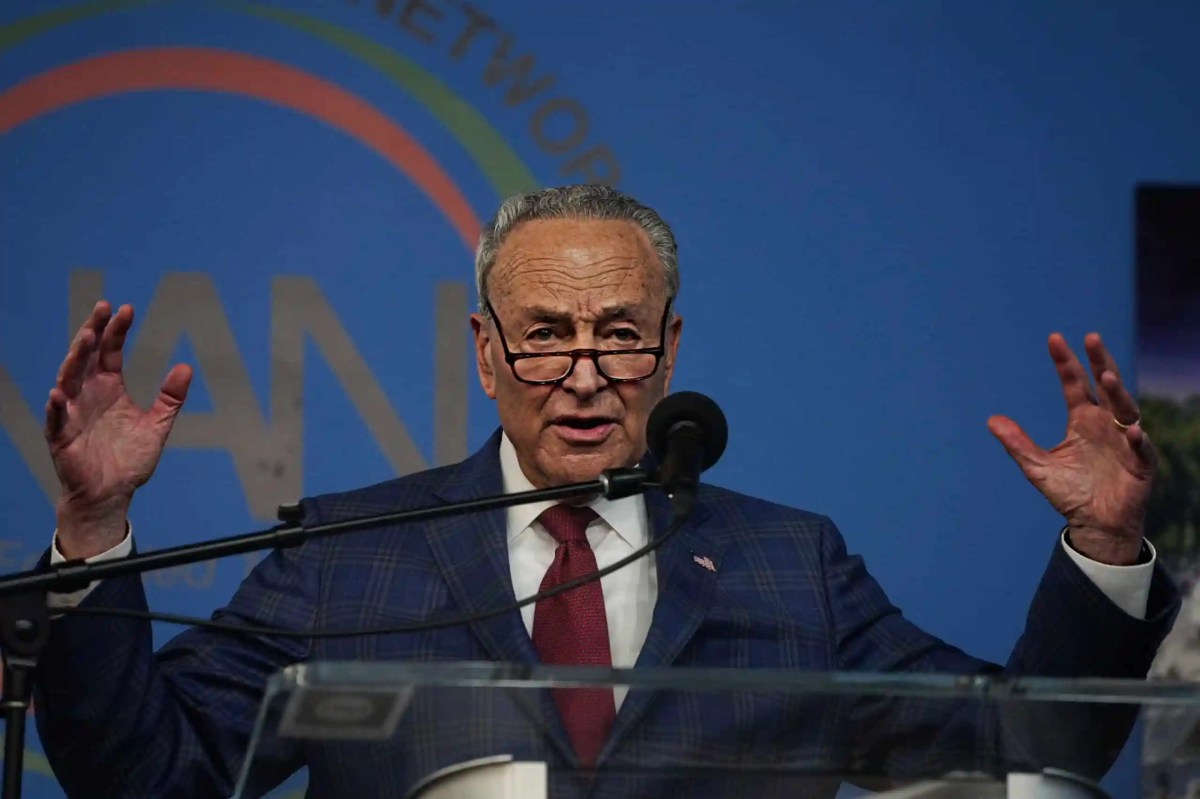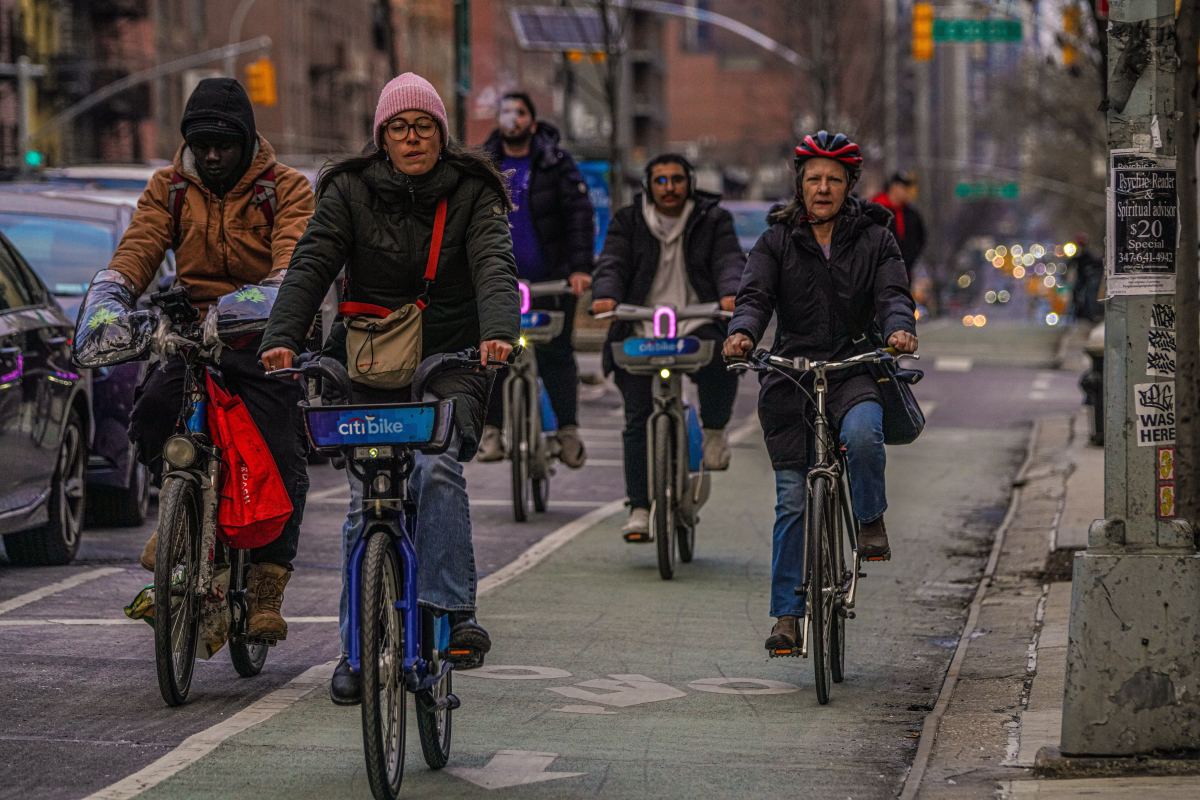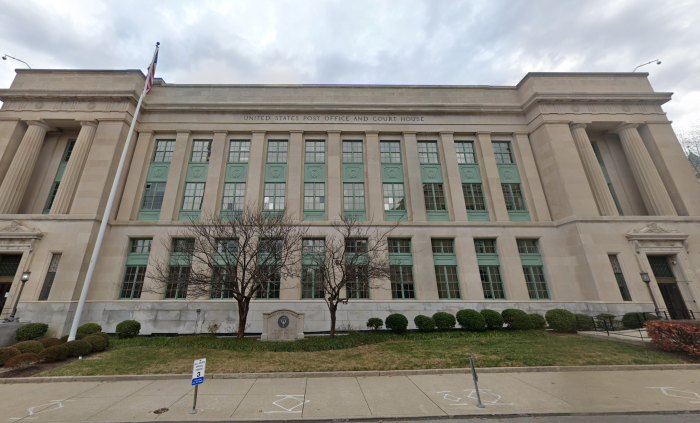CHICAGO (Reuters) – Bayer AG is launching a new genetically modified soybean in the United States, striking back against rival Corteva Inc in a bid to retain its dominant position supplying seeds to the $40 billion U.S. soy industry.
Billions of dollars are on the table for companies producing a growing variety of seeds for soybeans, the top U.S. export crop, as farmers expand acreage this year due to soaring crop prices.
Bayer’s new XtendFlex soybeans and Corteva’s Enlist E3 soy are shaping up to be the most popular with farmers in the coming years, according to interviews with a dozen seed makers, dealers and farmers. Each seed tolerates three chemical herbicides so farmers can destroy weeds without damaging their crops, as weeds grow increasingly resistant to the once-universal glyphosate herbicide.
XtendFlex soybeans are marketed alongside the previous top U.S. soybean seed, Bayer’s Xtend, but offer resistance to one additional weedkiller.
Bayer bought glyphosate-developer Monsanto for $63 billion in 2018. The following year, Corteva challenged Monsanto’s two-decade-long U.S. market dominance by launching Enlist on a small scale. For farmers, the competition is welcome after they had little choice but to accept Monsanto’s seeds for years.
“It is setting up to be a two-dog battle between XtendFlex and Enlist,” said Jim Herr, a manager for Beck’s Hybrids, a seed company that sells Bayer and Corteva brands.
SEEDS OF CHANGE
Corteva, spun off in 2019 after a merger of Dow Chemical and Dupont, says Enlist will account for about 30% of U.S. soy plantings this year, or about 26 million acres. That is up from 20% in 2020, the first year they were widely available, according to the company.
Another player, BASF SE, is distributing a new soybean brand, Xitavo, which contains Enlist technology. It will cover just a few hundred thousand acres in its first year, BASF said.
Enlist was the first soybean genetically modified to withstand sprays from two weed chemicals as well as glyphosate. Corteva expects it will eventually account for half of North America’s soybean plantings, said Susanne Wasson, president of the company’s crop protection business.
At Latham Hi-Tech Seeds, an Iowa-based company that sells seed to farmers across seven U.S. states, total soybean seed sales are up about 20% and Enlist is the most popular, President John Latham said.
Seed sellers said some farmers have been reluctant to try XtendFlex because they are unsure of how well it will produce crops.
Dealers could not sell the seeds to farmers last year because Bayer was awaiting approval for XtendFlex from soybean importers. The final clearance did not come until September from the European Union.
In February, Bayer estimated XtendFlex soybeans will account for at least 15 million acres this spring, or about 17% of plantings. That is down from the 20 million acres the company estimated last year, likely due to the delayed approval.
“People want to see it, feel it themselves, and that just wasn’t possible this last year because of the late approval,” Latham said.
XtendFlex soybeans resist a herbicide known as dicamba that tends to drift and damage vulnerable plants, along with the weedkillers glufosinate and glyphosate. The crop appeals to some farmers who do not want to spray dicamba because of the drifting risk, but want protection if neighbors spray it.
Illinois farmer Dan Henebry said he dumped plans to plant Enlist in favor of XtendFlex after the EU approval. He wants to use dicamba to kill weeds and prevent them from emerging from his soil. He said he will turn to glufosinate if he needs to fight weeds late in the summer.
For each crop season from 2021 to 2025, the Environmental Protection Agency (EPA) has banned farmers from using dicamba after June 30 because heat can increase the risk of drifting.
‘NO. 1 SOYBEAN SYSTEM’
Bayer’s Xtend soybeans resist dicamba and glyphosate only. The company said it expects to remain “the number one soybean system for weed control in North America” in 2021 with its Xtend and XtendFlex offerings.
Bayer declined to estimate Xtend soy plantings, which flatlined at about 50 million acres last year amid increased competition from Enlist soy.
Companies generally strike deals with farmers to produce crops for seeds ahead of the spring growing season based on expected demand. The companies then sell the seeds to other farmers to plant the following year.
Projecting demand for 2021 was trickier than usual, dealers said, after a U.S. appeals court in California in June blocked Bayer from selling dicamba, making Xtend soybeans less attractive.
Nebraska farmer Scott Langemeier said Corteva called him in August offering to buy the Enlist soybeans he was growing, anticipating a surge in seed demand for 2021 plantings after the dicamba court verdict. He had not planned to sell his crop for seed but agreed when Corteva offered a premium.
Then, the Trump administration’s EPA in October approved dicamba use for five years, nullifying the court’s decision and dealing a blow to Corteva in the seed battle.
“Now that dicamba went through, I think they’re sitting on some beans that they didn’t need,” Langemeier said of Corteva.
(Reporting by Tom Polansek in Chicago; Editing by Caroline Stauffer and Matthew Lewis)

